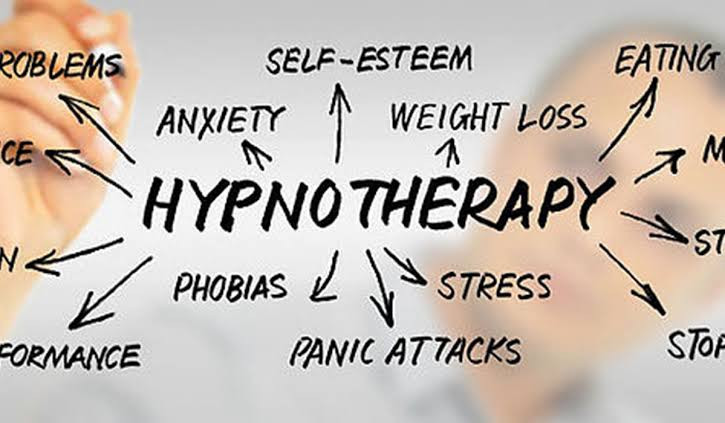Self-Hypnosis & Hypnotherapy Self-hypnosis or hypnotherapy can be a successful way of reducing stress and opening the mind to new ideas or thought processes, especially when dealing with problem behavior such as certain addictions. Hypnotherapy is essentially a way of reprogramming how we think. There are many self-hypnosis resources available including CDs, tapes, MP3's and other recordings. Before using any such materials ensure that the recordings have been produced by a reputable and trained hypnotherapist. Before attempting any self-hypnosis read this page fully and understand the processes involved. When a person is in hypnosis: Aware In control In a natural and harmless state Able to come out of hypnosis when s/he wishes to The state of hypnosis can best be described as a state of highly focused attention with heightened suggestibility. Hypnosis is sometimes but not always accompanied by relaxation. When a person such as a therapist induces hypnosis in another it is called hetero hypnosis, often referred to as hypnotherapy. When hypnosis is self-induced it is called auto hypnosis and is often referred to as self-hypnosis. The word hypnosis comes from the Greek word “hypos” which means sleep. It is an abbreviation of the term neuro-hypnotism which means sleep of the nervous system. A Brief History of Modern Hypnosis There exists a lot of scepticism and suspicion around the subject of hypnotism, especially in Western cultures. This scepticism stems partly from hypnosis being used as a form of entertainment and also from some of the original theories on the subject. Today, however, hypnotism has been accepted by conventional medicine as a way to treat a number of problems including: relieving stress and therefore high-blood pressure, migraines, sleep disorders and helping people to beat addictions, such as smoking. Furthermore, hypnosis and hypnotherapy can be used to help boost self-esteem and personal confidence as well as to overcome related problems, such as a fear of public speaking. Hypnosis for an Overall Better You Hypnosis is used to reduce stress, improve emotional well-being, and treat a wide variety of mental and neurological disorders. Hypnosis isn’t just a tool to be kept in your back pocket and pulled out when you’ve got a problem. Hypnosis can be used to improve any area of life. It’s most commonly used to lose weight, quit smoking, sleep better, or for general stress relief. But it’s equally useful to increase productivity and concentration, improve confidence and self-esteem, and enhance relationships. You can use hypnosis to help you be whatever you want to be — happier, healthier, and more successful.






















